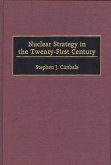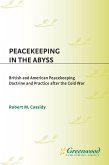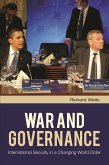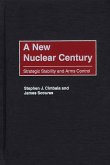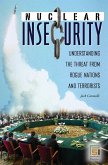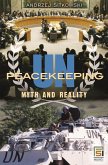Despite the volatility and unpredictability North Korea has come to symbolize in international diplomacy and security issues, it represents only half of the potential danger on the Korean peninsula. In a notable departure from its past role as guarantor of stability on the Korean peninsula, the United States has, under the stewardship of the Bush administration, come to be regarded as, at best, an obstacle to peace and security, and at worst a potential trigger for hostility. The most immediate result of this shift on the Korean peninsula has been the US failure to undertake an effective policy formulation process, which has manifested itself (on both sides of the 38th parallel) in more reactive and convulsive responses to challenges from the North Korean regime. Without such understanding there is little hope of advancing discussions or resolving North Korea's nuclear program. Fundamental to understanding North Korea's endgame is realizing that its nuclear weapons program, while menacing, is unlikely to be used offensively without major provocation; it functions as a tool of its diplomacy-missile diplomacy-to ensure survival of the regime. Working closely with South Korea, the United States must ensure that any potential resolution reached on North Korea's nuclear program does not undermine its longer-term objectives for securing broader peace and security on the Korean peninsula. Ideally, any resolution brokered over the North's nuclear weapons program will provide a synergistic effect in addressing the conventional war threat posed by North Korea on the Korean peninsula. In short, the United States must undertake constructive engagement. Steadfast unwillingness to engage with North Korea only provides more fodder for the regime to stall any action, and, as part of its endgame, makes U.S. behavior the issue. the issue, which is part of its endgame.
Bitte wählen Sie Ihr Anliegen aus.
Rechnungen
Retourenschein anfordern
Bestellstatus
Storno



